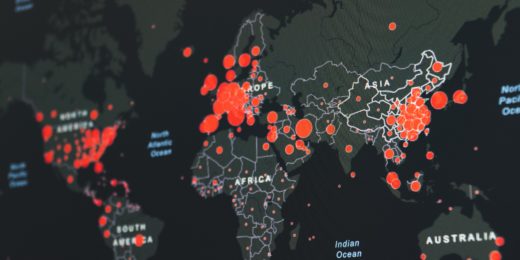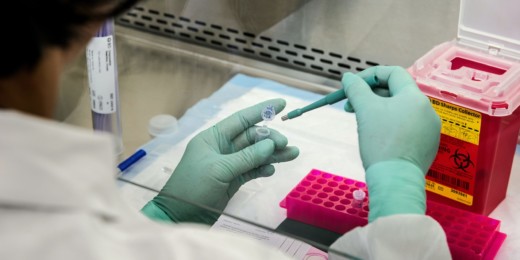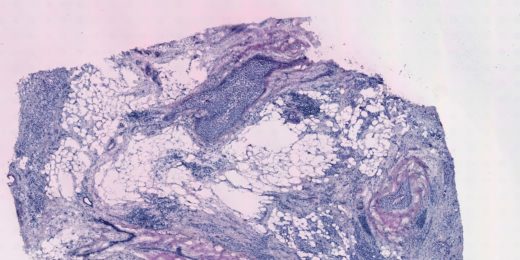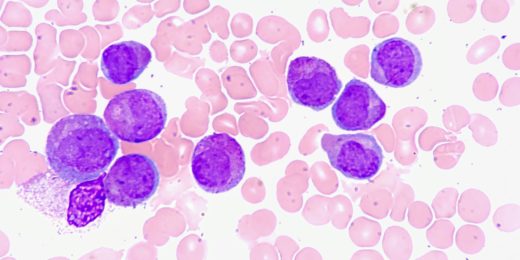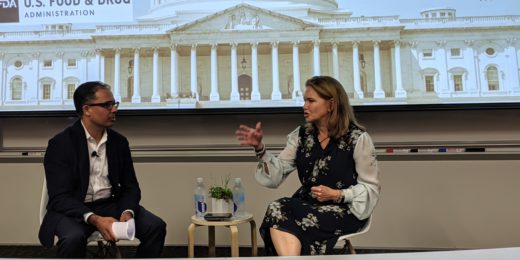Researchers are using data science to home in on therapies that will work best for specific patients, advancing precision oncology.
Category: Data Sciences
Using AI to find disease-causing genes
Researchers are using a new artificial intelligence-based program to help identify genes that underly diseases.
Pandemic Puzzle: The role of data in the pandemic
Stanford Medicine biomedical data scientist weighs in on the role of data as we respond to the pandemic and prepare for the future.
Stabilizing RNA molecules to strengthen vaccines — including for COVID-19
Stanford Medicine researchers have found a new way to stabilize mRNA molecules, something that could boost COVID vaccines.
What COVID-19 has taught us about clinical trials
Stanford Medicine researcher John Ioannidis calls for transparency and the sharing of data, a lesson learned through COVID-19.
AI tool created to guide colorectal cancer care with more precision
Scientists have created an AI tool to help doctors more precisely choose colorectal cancer treatments that will work best on individual patients.
Stanford physician-programmer creates Coders Against COVID
A Stanford anesthesiologist co-founded a volunteer organization that maps COVID-19 testing locations and displays updated data about the pandemic.
High blood pressure drugs don’t increase COVID-19 risk, Stanford study finds
People taking two common types of drugs for hypertension are at no heightened risk, as has been feared, for increased severity or complications of COVID-19.
‘Instagram-like filter’ labels molecular details in tumor images
Scientists created an algorithm that analyzes a cancer biopsy and pairs spatial information with gene expression to better understand the disease.
AI predicts effective depression treatment based on brainwave patterns
Tracking brainwave patterns and symptoms in patients with depression, researchers used artificial intelligence to predict best treatment options.
When AI is watching patient care: Ethics to consider
Ethical and legal issues accompany the potential benefits of using computer vision-based ambient intelligence in health care.
Computer models show promise for personalizing chemotherapy
A Stanford biomedical data scientist discusses how computational modeling of big data could help improve personalized chemotherapy selection in the future.
Families find answers, and community, through the Undiagnosed Diseases Network
Through genetic tests and databases of symptoms, doctors in a network of clinical centers help families determine what is affecting their children's health.
Medical device safety in the real world: Tapping EHR data
Researchers at Stanford are mining millions of de-identified patient records using machine learning to determine long-term safety of medical devices.
Move quickly but safely: A view from inside the FDA
At a recent talk on campus, Amy Abernethy, an FDA principal deputy commissioner, discussed her career and her work to facilitate clinical advances.
Is that blood test really necessary? AI could help decide
Researchers at Stanford have devised an algorithm that predicts how likely a diagnostic test, when repeated, will yield useful information.




